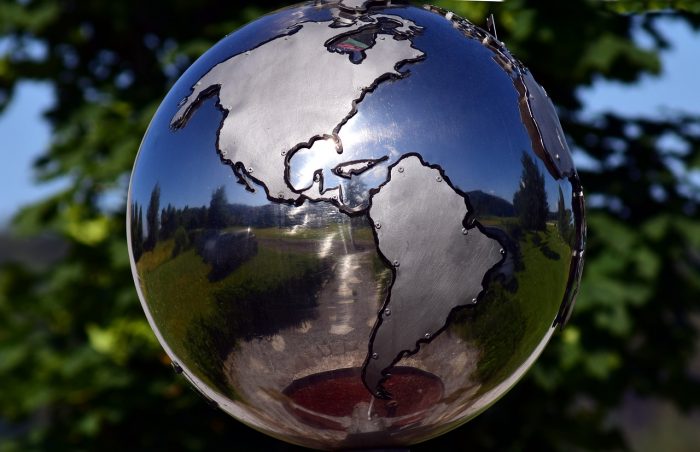Life on planet Earth is starting to wind down, and we are losing more species with each passing year.
If nothing is done, we are headed for an absolutely catastrophic future. The following is an extended excerpt from Chris Martenson’s most recent article…
First, we noticed that the oysters no longer successfully made it out of the larval stage. But by the time the scientists delivered a loud enough warning for all of the missing copepods and other vital zooplankton, it was already too late. The jellyfish had taken over. Nobody has a clue how to get the ecology to return to one that can support tuna, rockfish, dolphins, whales, seals and seabirds. Those are all gone — starved, fished or hunted to extinction.
Worse, the ubiquitous jellyfish are entirely too efficient. In addition to decimating the zooplankton, the jellyfish are eating the phytoplankton responsible for generating most of the world’s oxygen — their levels too low to continue being a positive force for oxygen release into the atmosphere. “Don’t worry!” scream the Tweets, “Scientists have found a new and better way in the lab to harness the sun to split water. We can make our own oxygen!” However, after the past 1,000+ lab ‘miracle breakthroughs’ that proved to be duds when attempted at scale, few have hope that this time will prove any different.
The vast systems offered by Nature — more accurately, that were offered by Nature — once taken for granted, are now fully appreciated by the people left on Earth. But it’s too late.
The insects are mostly gone, at least in terms of diversity. The terrestrial ecosystem balance that people knew and loved back in “the twenty teens” is gone and has been replaced by something far simpler and painfully less interesting. The failure to block neonicotinoid pesticides in time, as well as their more morally repugnant (yet legal!) derivations that outpaced activist’s ability to fight them, meant that entire classes of pollinators were lost.
With those, entire species of plants disappeared because they were utterly dependent on highly-specific pollinator services. Mankind’s few lame attempts at creating “drone pollinators” were so utterly unfit for the task that the term became a profoundly disparaging insult, most frequently applied to ineffective politicians. “Looks like another useless bill being put up by the drone pollinator from New York.”
A few hardy bugs and roaches, lots and lots of ants (where are they all coming from?), and very few flying insects remain. No more large moths in the temperate climates, with such splendid examples as the Luna and Hawk moths now only existing as dead specimens in a few museums, right next to the dodo and African elephant displays.
And it’s been over 15 years since “the dawn chorus of birds” was a phrase that had any meaning. Nearly all of the migratory birds are gone, along with all of the insect eating species. It’s eerily silent outside in the morning. The sight of a single bumblebee, or a flash of colorful plumage, is cause for a quickening of your pulse — the same physical reaction people once had when as noticing a movie star at a café.
You can read the rest of this thought-provoking piece right here.
